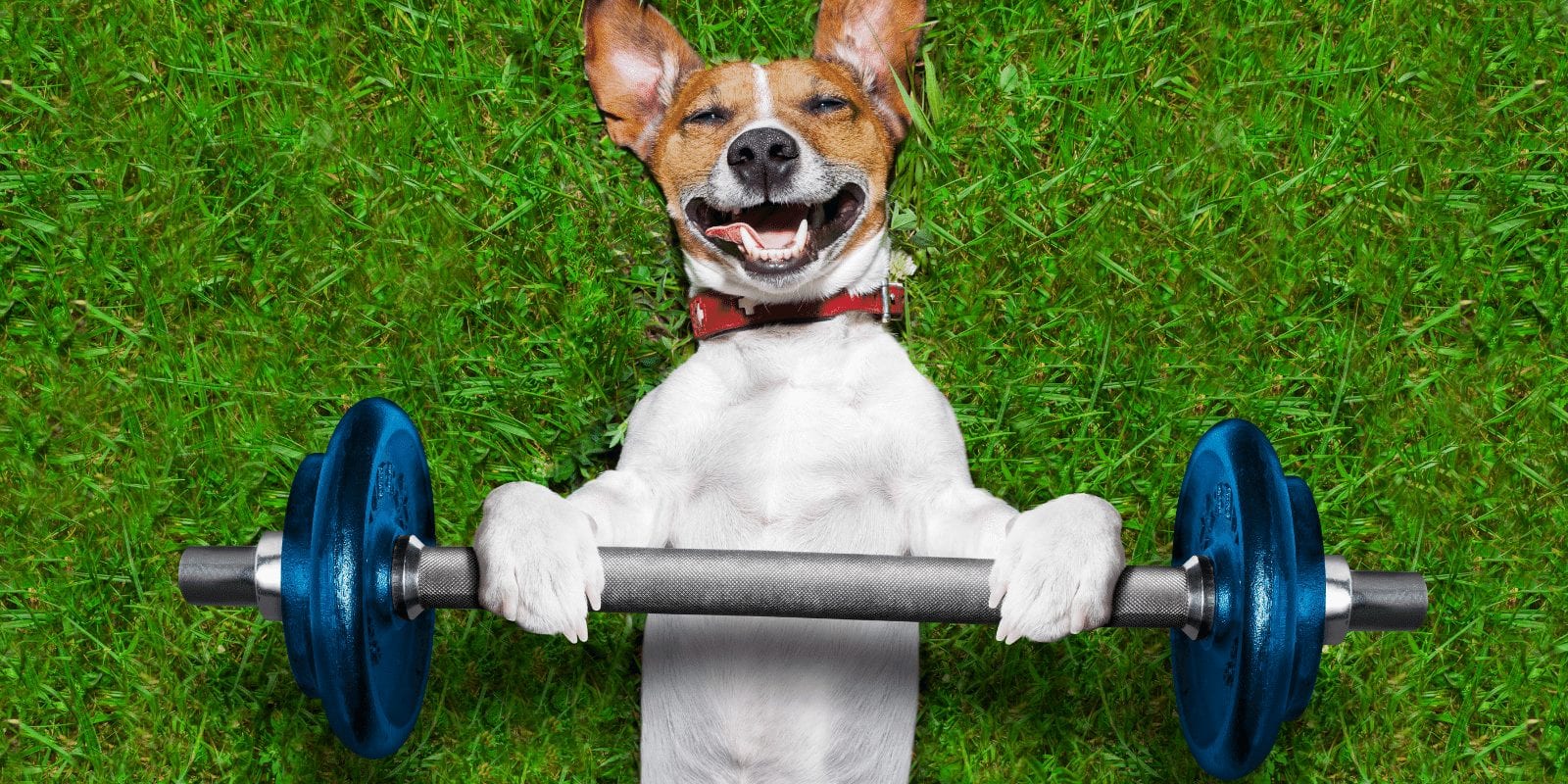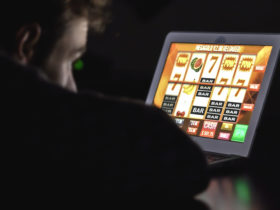For our dogs to be trained well, they need plenty of motivation to perform the tasks at hand.
You might have trained your pooch to follow an instruction once or twice, but the question of whether they will follow the command every time in all circumstances is the one that is worth answering. Flukes and one-offs do happen in this area, so it’s important to make sure that you can always count on your best buddy.
After all, our dogs do need a bit of a push in certain areas for their own safety. Perhaps it is for important recall training, or to eat a new food that they are initially ginger about? Some dogs have even been trained to sniff out Covid-19, so our pooches can play important roles for themselves and society at large too.
No matter your reasons, here’s a quick guide to help motivate your dog.
Behave Yourself
Behaviour breeds behaviour, and dogs can read yours like a book.
In 2017, the BBC reported that dogs do mirror their owner’s personalities, and that there was significant science to support the claim. Therefore, how you compose yourself plays a big part in the proceedings here. If you’re optimistic, active, and jovial, you strongly increase the likelihood that your dog shall be too, which will work wonders for their levels of motivation in other areas.
Your routine will also have a big influence over how your dog perceives and interacts with the world around. For example, your actions may determine how your pooch handles being alone, the times in which they want their meals, and how they engage strangers. Do you sleep all afternoon? Well, chances are your dog will too, because what else are they going to do while you snooze?
Alternatively, if you have energy, discipline, and your own supply of motivation, that will all rub off on your pooch. In the end, you are a huge motivating factor for your dog, and you can’t expect them to behave themselves if you can’t hold yourself to the same standard.
Practise Praise
Dogs are inherently kind, and whenever they’re the reason for your being happy, they become more motivated to keep doing whatever it is they’re doing.
It goes without saying that praise is a great way to motivate your dog, but it’s how you issue the praise, and the inflections of it, that really matter. Every milestone should be celebrated and encouraged, so even if they’ve only partially performed the instruction you set for them, make sure to make a big deal out of it!
Of course, your pooch is a very clever boy or girl, but it’s quite unlikely they will understand the true purpose of an instruction. All they can go on, really, is how you react to their behaviour, so make sure you exaggerate your tone of voice, facial expressions, and even the pitch of your laughter so that they can read their own success more easily.
Praise can come in the form of treats and petting also. Scratching their itchy spot or giving them a nibble on their favourite snack might just be enough to spur them on in certain tasks. Make sure you don’t overfeed them on treats and try to identify which form of praise they like best. That way, you will be able to tailor your training to the notions that they best respond to and keep your efforts consistent.
Teamworking Techniques
Is your dog not eating? If he or she is on a new diet, then it can be difficult to get them to wolf down the new foods you’ve laid out for them.
For ideas and inspiration, browse this guide: https://www.bellaandduke.com/guide/dog-not-eating-10-methods-to-try/. Bella and Duke are experts on canine care, and they detail tips and tricks such as feeding your dog in the evening when they’re less likely to be anxious, adding extra incentives to their portions like bone broth, and giving them personal space as they eat so they don’t misread your attentiveness as a challenge. Consult the experts on certain aspects of dog care, and you’ll be much better educated on how to do things.
Motivating your dog can sometimes be about adapting to their behaviours too, rather than controlling every move they make. After all, they’re animals, and they have a long history of natural instincts that inform their behaviour. Follow the techniques in the link up above, and you’ll be able to work with your pooch to give them the best care possible.
Run Away
If you’re doing recall training in the great outdoors with your dog, then running away might not seem like a good way of encouraging their learning.
However, if you find that they’re not or only sparingly responding to your calls and cues, a good idea can be to just simply run off, providing that the area around you is safe. Don’t worry, you’re not abandoning your efforts or your pooch – instead, you’re firing up a desire within your dog to reach you. They won’t want to be left behind, so it’s highly likely they’ll come barrelling after you. Your pooch will run faster than you, so they’ll close the distance in no time at all.
When teaching any dog anything, it’s always best to layer the occasion and to make it as dynamic as possible. If you’re equipped with multiple measures that can help your best pal understand what is going on, then you should use them to your advantage. Dogs are keen thinkers, and they do enjoy being mentally and physically stimulated. Therefore, the running away strategy can be highly beneficial for recall work!
If you’re worried about the ethics or safety of this strategy, then let it be known that even the Dog Trust recommend it in the event that your dog doesn’t initially respond to you, amongst other tips and tricks for recall training. Treats, rewards, and praise can work wonders, but the running away twist can change up the pace of the training and keep your pooch on their paws.
Play Games
Combining all prior points together can be done through the simple act of playing games.
While it might just seem like you’re merely messing around with your best buddy, much is to be gained cognitively for your dog through some silly old fun. Your aptitude for play can help them learn better behaviours and develop social skills. You can teach them recall through fetch, adapt to how they do things their way by sitting or crawling as you play, and you’ll increase their need to be near you as you share the fun equally and bond. This is all a great way to just adapt everything you’re working on with your pooch all at once.
Dogs can’t be motivated on the same level as humans, as they lack that complex understanding that is required to keep them attentive, active, and safe. However, by infusing play into the proceedings, you’re ensuring that there’s a sprinkling of the simple pleasures in all the activities you do together. Shouting their name during hide and seek, for example, will keep them stimulated and instil them with a need to get to you – but it’s also just really good fun too!
It’s all a learning process, equipping them with skills that they can apply to other situations. Ultimately, the more you bond, the more your pooch will be inclined to do your bidding, and overtime their decisions will be driven less by the chances of fun and more by sticking to the established routine.








Leave a Reply
View Comments